The University of Chicago Press, Chicago 60637
The University of Chicago Press, Ltd., London
2016 by The University of Chicago
All rights reserved. Published 2016.
Printed in the United States of America
25 24 23 22 21 20 19 18 17 16 1 2 3 4 5
ISBN -13: 978-0-226-38974-5 (cloth)
ISBN -13: 978-0-226-38988-2 (paper)
ISBN -13: 978-0-226-38991-2 (e-book)
DOI : 10.7208/chicago/9780226389912.001.0001
Library of Congress Cataloging-in-Publication Data
Names: Feldman-Savelsberg, Pamela, 1958 author.
Title: Mothers on the move : reproducing belonging between Africa and Europe / Pamela Feldman-Savelsberg.
Description: Chicago : The University of Chicago Press, 2016. | Includes bibliographical references and index.
Identifiers: LCCN 2016005825 | ISBN 9780226389745 (cloth : alk. paper) | ISBN 9780226389882 (pbk. : alk. paper) | ISBN 9780226389912 (e-book)
Subjects: LCSH : CamerooniansGermanyBerlin. | CamerooniansGermanyBerlinEthnic identity. | Immigrant familiesGermanyBerlinPsychological aspects. | Belonging (Social psychology)Cameroon. | MotherhoodPsychological aspects.
Classification: LCC DD 867.5. C 3 F 45 2016 | DDC 305.48/896711043155dc23 LC record available at http://lccn.loc.gov/2016005825

This paper meets the requirements of ANSI / NISO Z 39.481992 (Permanence of Paper).
Many Cameroonians took time out of their busy schedules to tell me about their lives, hopes, and struggles. I am forever grateful for their warmth and openness. Out of respect for their anonymity, they must remain unnamed. In almost all cases, they have chosen their own pseudonyms, at times with enormous wit. I remember many instances of raised eyebrows, winks, and rolling laughter when a woman said, Aw, then let me be called....
The stories these Cameroonians share among themselves and with me connect tellers and listeners to people, places, and ideas. They also help me tell a story, one among many possible stories about African migration and family making in Europe. I have striven to attend to diversity among Cameroonian migrant mothers, to the uniqueness of their life histories and desires, all patterned by a common set of conditions.
Other stories have been told about migration and the search for well-being. Most anthropologists aim to show the humanity and agency of those most disadvantaged and marginalized. Anthropologists make a strong moral argument for deservingness of basic rights and services in the face of overwhelming global inequalities. In migration research, this has led many scholars to focus on the plight of irregular migrants, those who move across international borders without the security of visas, residence permits, and work permits. I have been inspired by much of the nuanced, sensitive work on access denied in the anthropologies of migration and health care. Unwittingly, though, this research may be marginalizing other types of migrants from the master narrative. The danger is that a well-intended research focus may end up reinforcing stereotypes of the migrant, especially the African migrant, as illegal(ized), impoverished, and in need of help.
My Cameroonian interlocutors are keenly aware of this narrative, and hoped for a different story. They complain bitterly about being buffeted by what anthropologists would term structural violence, but also narrate rich lives of family connection, community activism, and educational achievement. They detail lives infused by law and different stances toward it, ranging from awe, to navigation of a complex state apparatus, to avoidance. Mothers talk about law when they evoke what it feels like to be foreign, demonstrating the significance of law for legal as well as illegal migrants. The story my Cameroonian interlocutors hope for includes the condition of illegality as only one among many other migrants lived experiences.
Following their lead, I may surprise some readers by including among my Cameroonian interviewees a physician, an engineer, a specialist in comparative literature, a historian of science, numerous doctoral and masters students, and even the doctoral advisee of a member of the German constitutional court. I also interviewed and spent time with secretaries, accountants, home health aides, hotel housekeeping staff, housewives, and the unemployed, some of them refugees. Some Cameroonians I met have experienced extended periods of irregular immigration status and its concomitant trauma, while others have arrived and remained legal immigrants or have become German citizens. Shaped by their diverse biographies and circumstances, each of these women manages in her own way commonly shared predicaments of belonging, reproduction, and connection engendered by migration. They remind us not only that a story is always situated (Abu-Lughod 1993, 15), but also that there are many stories to be told. This reminder seems to have become ever more urgent during 2015 and 2016, with massive refugee movements into Europe.
I have tried to be careful to distinguish the stories individual women have told me about their lives, and the story I am telling by finding patterns in this rich variation. I use typeface to distinguish verbatim and remembered speech. I render verbatim quotations taken from audio-recorded interview transcriptions in italics, and quotations written in field notebooks in regular typeface.
I particularly thank Elizabeth Beloe, Marie Biloa Onana, and Victoria Yiwumi Faison for urging me to speak to these different stories. My discussions with them and with fellow researchers in BerlinHansjrg Dilger, Susann Huschke, Annett Fleischer, and Heide Castaedahave helped me reflect upon the ethics of anthropological representations. My hosts and colleagues during a generous fellowship year at the Kte Hamburger Center for Advanced Studies in the Humanities Law as Culture in Bonnin particular Werner Gephart, Nina Dethloff, Raja Sakrani, Joachim Savelsberg, Maurizio Ferraris, Elizabeth Suzanne Kassab, and Greta Olsonthought through with me ways that stories about law participate in the work of migrant self-presentation and anthropological representation.
These are just some of the many individuals who have contributed to the making of this book, in addition to several institutions. Because the underlying research spans over three decades of engagement with Cameroon, these include teachers, hosts, and funding agencies that have made my work in Bangangt, Yaound, and Berlin both possible and enjoyable. In these acknowledgments, I concentrate on the Berlin leg of my research.
I am grateful to the Wenner-Gren Foundation for Anthropological Research for awarding me a Post-PhD Research Grant and Osmundsen Initiative Supplement in support of field research in Berlin during 20102011. Carleton College generously supported exploratory research in summer 2009 with a Small Faculty Development Grant, and my research during 20102011 with a Hewlett Mellon Fellowship, supplementing my sabbatical leave. During the writing process, the college provided a Humanities Center Student Research Assistance Grant (2013) for explorations in the field of legal anthropology, a leave of absence supplement, and, through the Broom Chair in Social Demography and Anthropology, a contribution to the German translation.


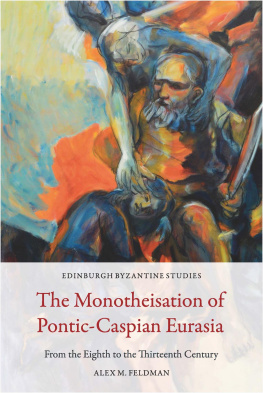
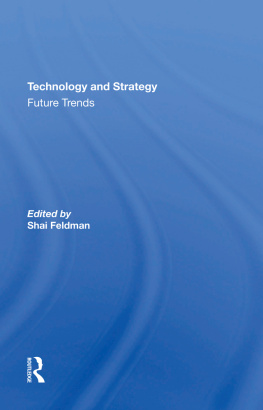
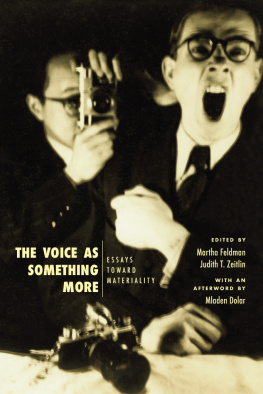

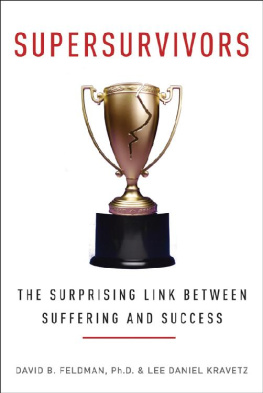



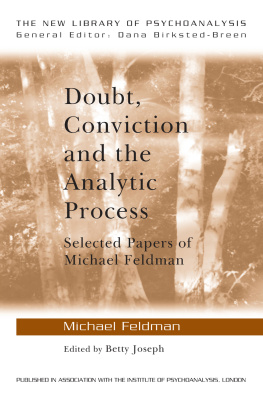


 This paper meets the requirements of ANSI / NISO Z 39.481992 (Permanence of Paper).
This paper meets the requirements of ANSI / NISO Z 39.481992 (Permanence of Paper).